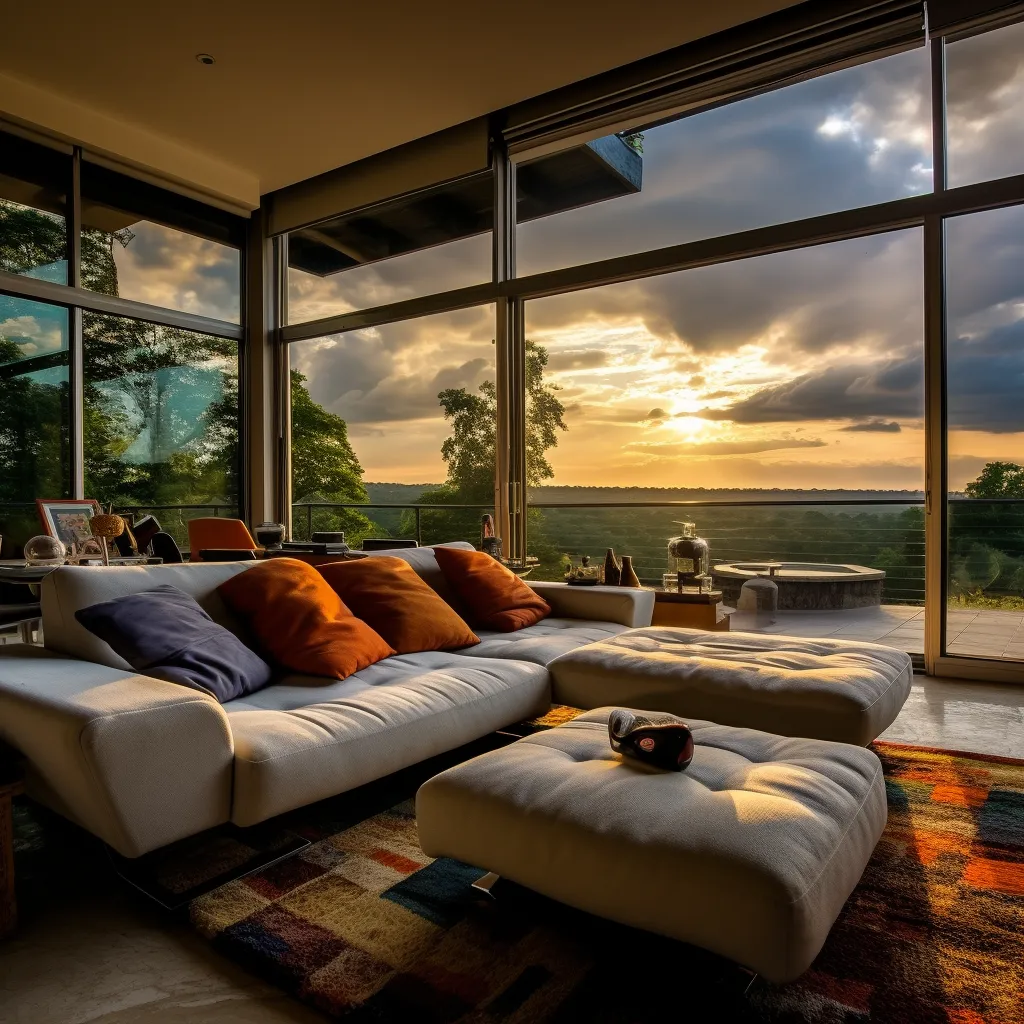
FAQ: How do I take care of my window tinting?”
FAQ: Use a damp cloth that has been soaked in water to clean the window tinting. Alternatively, you can use vinegar and water, dishwashing liquid and water or methylated spirits and water and a soft cloth or window squeegee. Do not use any cleaning detergents, window cleaning chemicals, or other products to clean the windows, as this may damage the film.
FAQ: How long does it take for the window tint to dry once installed?”
It takes seven days for the film to set and adhere properly to the windows. During this time, we advise that you do not touch the film; some security films and safety films may take longer to dry due to climatic conditions such as time of year, etc. All security film has a minimum drying time of 3 months from installation which allows for this climatic difference.
FAQ: Does the safety film stop the glass from breaking?”
The safety film does not stop the glass from breaking but it does make it safer in the event of breakage. Most of the glass will remain in one piece and will require a greater force for it to be broken, thus making it difficult for intruders to break into your property.
FAQ: Will my window tinting fade and bubble?”
No. We use quality products which means the tinting is designed to stand the test of time and the elements. We have so much faith in our product that we offer a lifetime guarantee. If, for any reason, you are dissatisfied with the product, then we will rectify the situation for you. The bubbling and fade of the window tinting is usually the result of using a cheaper and inferior quality tint. We never use such films and believe in only using the best materials.
FAQ: How long will it take to install the film?”
Each job is different. Our friendly installer will be able to provide an estimated time of completion based on the size and complexity of the job.
The cost of the darker window tint and the lighter window tint is the same. It is up to you as to how light or dark you would like your window tinting; please ask our professional salesman for advice.
FAQ: DID YOU KNOW?”
- 49% of heat in a home can be lost through windows
- 87% of solar heat in a home is gained through the windows
- Common windows in the home transmit as much as 75% of U.V. rays that damage skin and fade furnishings, carpets and curtains
- Around 87% of the light and heat that strikes a window will pass through.
- Window tinting can block up to 99% of harmful U.V. rays
- Window tinting is a cost-effective solution to reduce heating and cooling costs for your home or office.
- Window tinting can help reduce the risk of skin cancer and premature ageing by cutting down on the amount of UV exposure.
- Window tinting can make your home and office more energy efficient.
- Toughened glass is a brand name used to describe glass that has undergone heat treatment after the manufacturing process to enable it to shatter into small fragments for safety. The name toughened does not mean it is stronger than normal glass; it is simply safer.
- Intruders are less likely to break into your home or office if you have security film, as it makes it harder for them to smash the glass.
- The float glass (e.g., most homes) no longer complies with the Australian standards for Human Impact Safety Protection. These windows are liable to break with minor trauma, which can result in death or serious injury. Applying safety film helps to strengthen these windows and brings them up to the industry standards. This is a cost-effective solution compared to replacing glass. Do your windows meet the standards? Contact us to find out.
